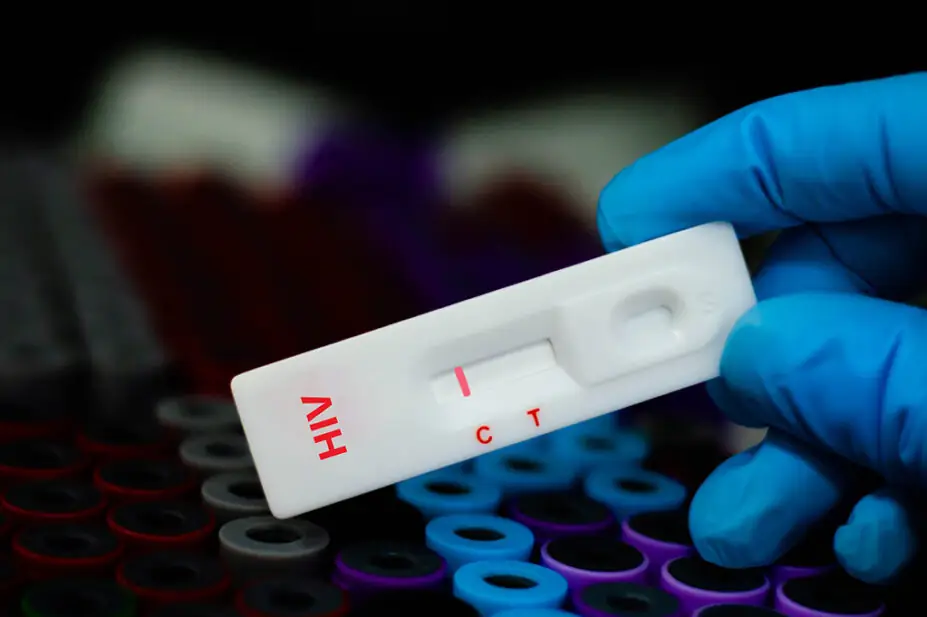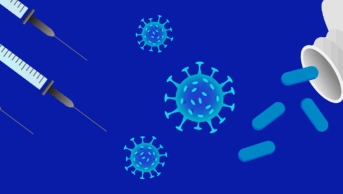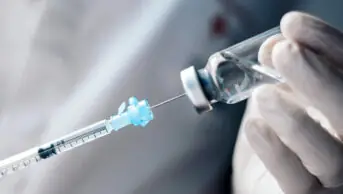
Shutterstock.com
New HIV diagnoses in Wales fell by nearly one-fifth (19%) in 2024, according to Public Health Wales’ (PHW) annual report on HIV.
The report, published on 5 November 2025, revealed that 73 new cases of HIV were reported in 2024, down from 91 confirmed cases in 2023.
In 2024, there was an 8.3% increase in the number of HIV tests carried out across Wales compared with the previous year, with more than 133,000 people being tested, the report found.
Of those people who were tested for HIV in 2024, almost one-fifth (18%) used a free, confidential at-home ‘Test and Post’ service.
The ‘Test and Post’ service is available from Sexual Health Wales, as well as community pharmacies, some libraries, student unions and other support services.
The report also showed that prescriptions for prevention medication are at their highest level since 2020, as the number of people taking pre-exposure prophylaxis (PrEP) medication increased to 2,319, a 4.1% increase in the number of prescriptions compared with the previous year.
According to the report, the increase in the prescribing of PrEP coincides with the downward trend in new HIV cases, especially among gay and bisexual men who have sex with men.
“Although PrEP can be used by almost everyone, 98% of people who take PrEP are male, and more than a third are in the 25 to 34-year-old age group,” it added.
Commenting on the report, Richard Angell, chief executive of the Terrence Higgins Trust, said the data show that “real progress has been made towards ending new cases of HIV in Wales by 2030”.
“Wales has led the way with the national roll-out of HIV and STI home testing and, when combined with the gonorrhoea and mpox vaccination programmes and doxyPEP, this means the Welsh public has new and proven tools to take control of our sexual health,” he said.
However, he warned: “We must keep our foot on the pedal to drive forward this progress and work to ensure that everyone living with HIV in Wales has the support they need to live well, free of stigma.”
Daniel Thomas, consultant epidemiologist at PHW, said the report demonstrates “a great example of how prioritising prevention works”.
“Regular testing — usually on an annual basis — and the proper use of PrEP and antiretroviral medications, can make a dramatic difference in reducing HIV transmission and ensuring everyone can live a normal life with a positive diagnosis,” he added.
In 2024, the Welsh government told The Pharmaceutical Journal that it would explore pharmacist involvement in a pilot scheme designed to improve access to pre-exposure prophylaxis in the community, which was likely to begin in autumn 2025.


